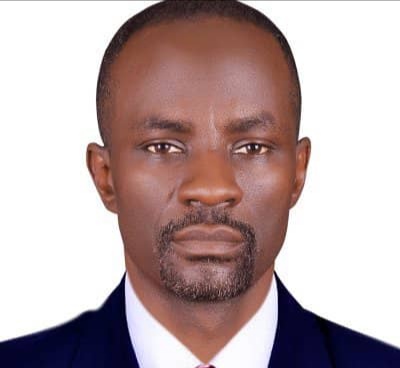By Mike Ssegawa
If you’re to kill an anthill, first destroy its queen.
Forces fighting President Museveni over the years have failed because the Ugandan leader had two critical constituencies on his side – the armed forces such as police and the military, as well as the wealthy class.
Museveni, supervised over the Ugandan economic miracle in 1990s which gave birth to a number of billionaires today. Unfortunately, these same people are going down stream, but the President doesn’t seem to realise it they are dragging him along.
The Ugandan economy was until recently one of the strongest pillars under which the Museveni administration flourished. The government was able to protect itself from aggression, maintain or bribe off the competing political class, as well as manage to throw around some services to convince the populace that the government cared about them.
Somehow, the money was available because some companies were making money, and thus paying taxes and employees.
Then, Uganda fell into recession.
The economy seems larger than at the closure of the past century, but guess what, the flagship companies – MTN, Airtel, Nile Breweries, and so on – are in trouble.
Some have quit the market including British Airways and Uchumi supermarkets, while some have wound up such as Crane Bank and WBS-TV.
Unfortunately, even the proprietors of indigenous businesses such as Patrick Bitature, Charles Mbiire, Sudhir Ruparelia, Amos Nzeyi, Gordon Wavamuno, among others, are sitting on thorny sofas!
President Museveni prides in bringing in Ugandan investors, but a quick research on the rich class of the country shows a group of demotivated people. Some are either unhappy with the government of president Museveni, while others are seen as close to him that anti-government local and international forces are sponsoring campaigns targeting them as individuals or their businesses or both.
This means, no serious business person will invest here.
The other thing is, those that have invested here, fear to plough more money into this uncertainty thus holding back on re-investiment. The third thing is, the behaviour of top investors in the country have far reaching consequences on the national pulse.
It goes without saying that a lot of funding from the western world has reduced over the years, either because the economy has stabilized or because anti-Museveni forces have convinced those countries to cut funding to Uganda.
Without funding from donors or confident investors in the country, repercussions that will arise from the prevailing situation, might go away with Mr Museveni.
At the economy collapses, we look to return the 1978/79 situation. Then president Idi Amin had made the business class, that time Indians, the target, and to gain popularity, sent them packing in early 70s.
He gave away their hard earned money (businesses) to his friends and henchmen who didn’t have an idea of how to run such ventures.
The indians went to UK, Canada, Kenya etc where they’ve been successful. Uganda collapsed. Amin collapsed.
Museveni’s economic miracle, had in part to do with the confidence he gave the Asians on taking power in the 1980s, and smart economic policies of the 1990s. Confidence brought about the bouying economy which got him adored as one of the new crop of African leaders.
Unfortunately, Museveni is returning the economy to where he found it. A demoralised business class that he entrusted to run the economy, political patronage as the order of the day, and too much state interference in business due to suspicion.
At this point in time, the Ugandan economy needs Museveni in as much as Museveni needs it. And no better people can help or have helped drive this ship than the captain of Ugandan businesses. A new generation of businessmen such as Ham Kiggundu, look at Mbiires, Sudhirs, Nzeis, Mukwanos, Madhvanis, etc for inspiration.
Alas to the Ugandan economy if people fear to risk while doing business for fear of reprisals from the state. The government should instead be a guiding hand to ensure businesses that have come of age remain strong or grow stronger, while young ones, have the role models and inspiration to grow their companies to even be bigger to compete in the region and globally.
Do you have a story in your community or an opinion to share with us: Email us at Submit an Article






